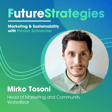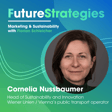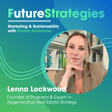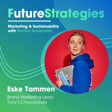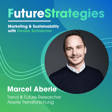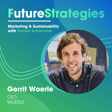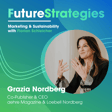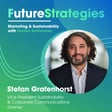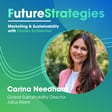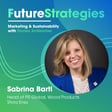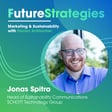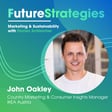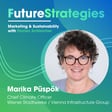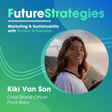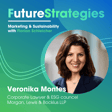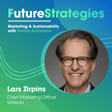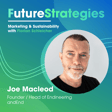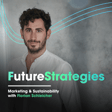
🐟 "Back to the Origins" - Julius Palm from followfood on transparency and the challenge to become mainstream
Julius Palm is the Deputy Managing Director and Head of Strategy & Brand at the sustainable food brand followfood. He is largely responsible for the brand development and restructuring of the last five years.
During his studies at Zeppelin University, he was already researching the question of the good life and the sustainability of modern societies. Today, he is putting this into practice and working with followfood to solve socio-ecological problems through a business model. The goal: regenerative entrepreneurship. Julius was also recently honored with the title Green CMO of the Year by a German magazine.
About the FutureStrategies podcast and your host:
I’m Florian Schleicher, a marketing strategist. I help brands gain clarity, spark momentum, and turn strategy into something that actually moves people. In 2022, I started my marketing studio FUTURESTRATEGIES. to do exactly that. I currently work with corporate clients from 11 countries.
If you want more, check out my FutureStrategies newsletter – weekly inspiration on marketing, strategy and sustainability.
And if something’s blocking your brand from doing its best work, let’s talk.
